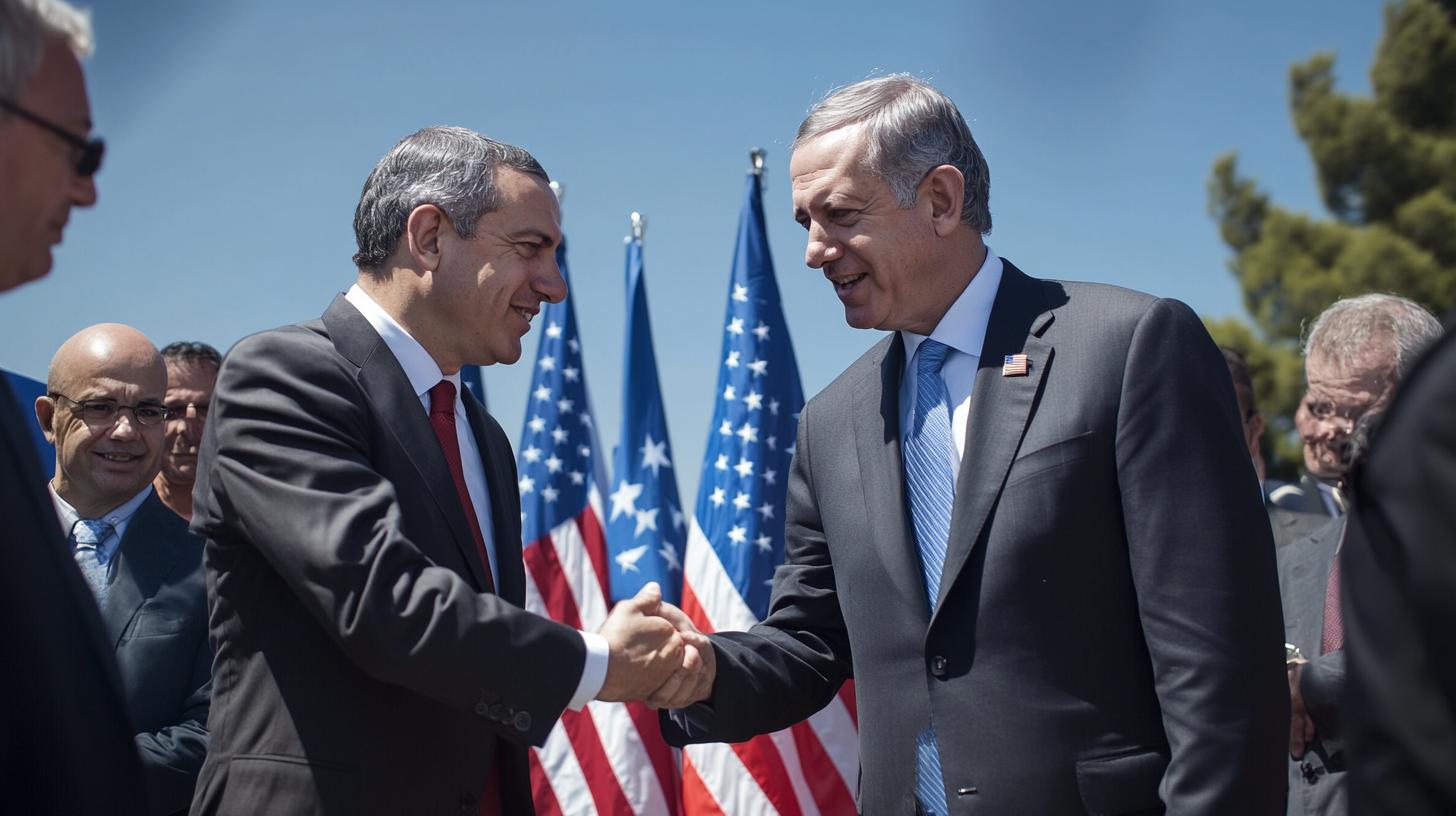U.S. Boosts Greek Defense with $160 Million F-16 Support Deal
In a move that reinforces international defense ties, the U.S. State Department has authorized a major $160 million contract for providing follow-on support for F-16 fighter jet engines tailored for Greece. This significant announcement, made on Thursday by the Pentagon, signals a robust commitment to fortifying the military prowess of an essential NATO ally.
General Electric emerges as the principal contractor for this extensive agreement, which has been eagerly anticipated as a part of the longstanding defense collaboration between the U.S. and Greece. This arrangement showcases the strategic priority of maintaining and upgrading military resources among allied nations.
The approved deal highlights the ongoing close cooperation in defense technology and support, aiming to cement Greece and the United States’ partnership. Their collaborative efforts address both regional and global security challenges, strengthening their mutual stance in international security endeavors.
This initiative reflects not only on the operational enhancement for Greece’s air defense capacities but also solidifies the collaborative framework between the two nations. Ultimately, this transaction underscores a shared vision in promoting sustained military readiness and cooperative security alliances.
(With additional inputs from agencies.)
The Hidden Impacts of Defense Collaborations on Technology and Society
When we think about international defense deals, such as the recent $160 million agreement for F-16 support between the United States and Greece, we often focus on the immediate military implications. However, these deals also have broader impacts on technology development, society, and the geopolitical landscape that are worth exploring.
Advancements in Technology and Engineering
Defense contracts typically drive significant advancements in technology. For example, General Electric, as the main contractor for the F-16 support deal, may innovate engine technology that could indirectly benefit civilian sectors. Defense-driven innovations have historically trickled down to commercial use, such as improvements in materials, aerodynamics, and fuel efficiency. These enhancements can later be integrated into commercial aviation, potentially making it safer and more cost-effective.
Societal Impact and Education
Such global contracts often foster international relationships that extend beyond military might. Higher education institutions in both countries might see an increase in collaborative research projects. This educational cross-pollination not only enhances academic exchanges but also produces a workforce skilled in the latest aerospace technologies and defense strategies.
Economic Advantages and Controversies
Economically, defense contracts can lead to job creation and economic growth. For countries like Greece, which may face economic challenges, such inflows can be vital. However, they also raise controversies. Critics argue that such investments perpetuate a global arms race, diverting funds from other critical areas such as healthcare or education.
Debates also arise regarding the ethics of profit from warfare. While defense is necessary, the potential for escalation and aggression poses a moral dilemma. As nations commit vast resources to defense, it’s essential to question how this balance affects global peace and social development.
Questions and New Perspectives
One critical question arises: How do these defense collaborations influence global power dynamics? Strengthening a nation’s military might shift regional equilibria and necessitate similar investments from neighboring countries, potentially sowing seeds of tension rather than peace.
On the flip side, there’s the notion of security through strength. This approach posits that well-equipped countries are better able to deter conflict, suggesting that military investment may indirectly foster stability.
In conclusion, international defense agreements like the U.S.-Greece F-16 support deal offer a window into broader conversations about technology, economic impacts, societal shifts, and the ethical considerations of military spending. As these deals continue, it will be crucial to engage with these questions, striving for a balance that leverages technology for global benefit while maintaining mindful resource allocation.
For more insights into international defense and technology, explore Defense.gov and General Electric.







